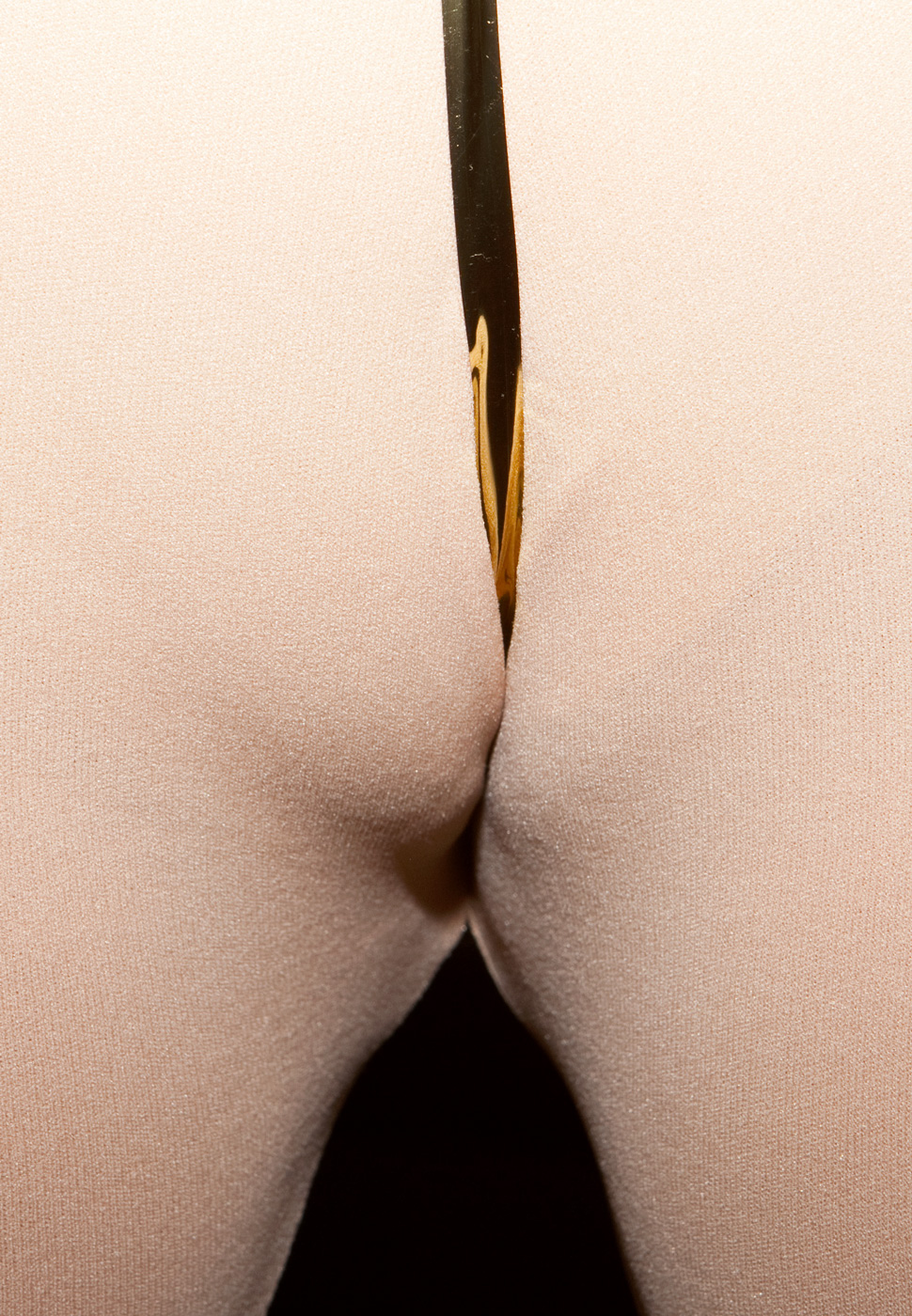O — I feel like whenever I read about you, there’s a certain phrase that always comes up—“sex-positive.” How do you feel about that terminology?
P — I hope people are sex-positive. What, do you want to be sex-negative? Isn’t it one of the basic needs in life? There’s shelter and food, and belonging, and self-exploration, and friendship, and also sex. I think that in a lot of ways we take our bodies and we’re taught to kind of hate them, from the very beginning. Or shamed, shamed is a better word. And we’re shamed with sex. Swear words come from sex. “You dick, you cunt, you asshole. Fuck you. Shit.” These are bodily functions, these are things that we have. Why is there a problem with being called a cunt? I have one. Why are we using all these words to shame ourselves when they’re things that have to be there with us and that we have to live with and that we have to love. It’s incredible to me how progressive we are and how much discussion there is, and we still can’t get it together in terms of letting ourselves be who we need to be.
O — This is an indulgent question for me, but I loved your cameo on The L Word. Could you tell me a little bit about that experience?
P — Oh, way back when. What was really interesting about that was that I had just come out with Fatherfucker, and I never really wore the beard onstage or anything like that—some of my dancers had, but I thought it would be too much for a whole show. But right away they said, “We want you onstage, we want you in the beard.” And I was like, that’s amazing, I am so happy you suggested that. It was kind of an homage to [bearded performance artist] Jennifer Miller, who has a history in her family of a lot of hair. Her grandmother and her mother would always be very concerned that they all be shaved, but as part of her practice she was like “No, I’m going to grow a beard, and I’m going to do a nudie calendar with the beard.” So then it was a thrill for me, because when I did Transparent, there she was. She was like the first person I saw on set, and I was like “Whoa! Amazing!”
O — They get the coolest, most intelligent people on that show.
P — Of course there’s Gaby Hoffman. What I think is so great about her presence now is that it’s just so real. It’s not trying to be any sort of performance of gender, blah blah blah. It’s just her.
O — Transparent is a very Jewish show.
P — It’s so Jewish.
O — You were raised Jewish. Do you still practice?
P — I don’t really practice, because I don’t follow any organized religion. I really have big problems with organized religion in general. It claims to be helping the community, but our community is larger than whatever religion you’re in. If you’re all trying to do the same thing, why set up all these different religions, you know? It’s just bizarre. But I definitely acknowledge my heritage, for sure.
O — Same. I watch a lot of Seinfeld, a lot of Transparent. Don’t practice. But speaking of religion, how did it all go down with Andrew Lloyd Webber when you adapted Peaches Christ Superstar?
P — I think he was wrapped up in doing his own production. It was kind of bad timing, because he had this idea to do this huge stadium show, where you have Johnny Rotten as King Herod, and Michelle [Williams] from Destiny’s Child as Mary. But it was a bomb. And as that was happening they had this show called Find the Next Jesus, which was sort of like The Voice. So that was all going on at the time, and I think that’s where all the controversy came from. But Tim Rice [who wrote the lyrics for the original Webber musical], he came to the show, actually. That was quite exciting. – END
